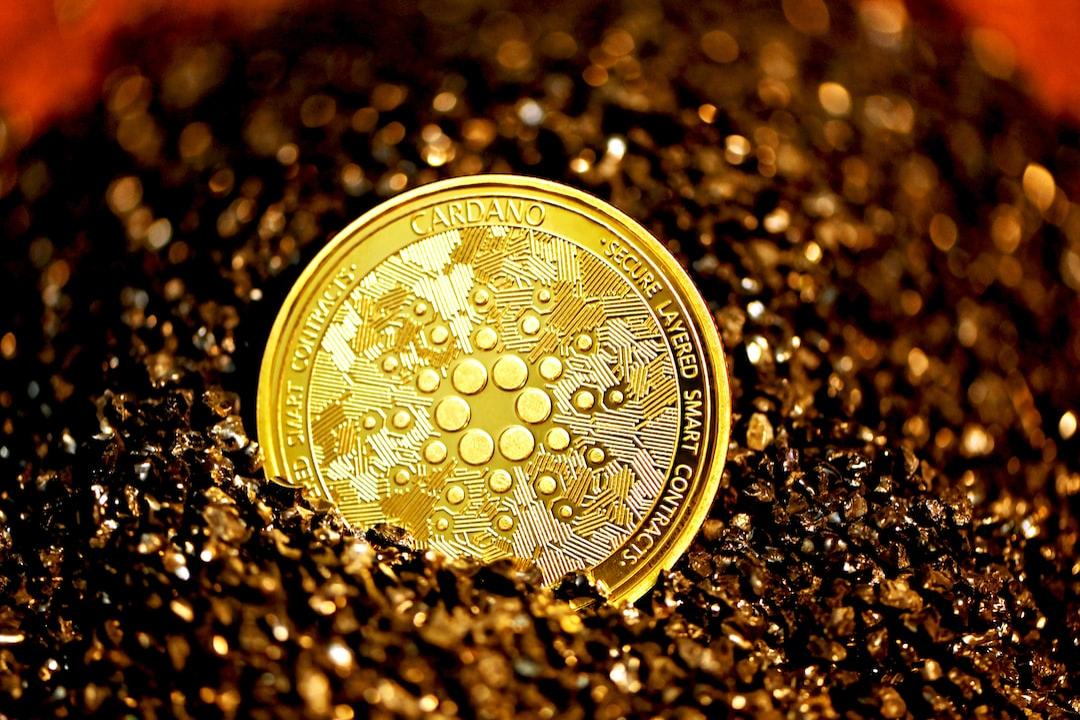Binance, the popular cryptocurrency exchange, has recently announced that it will be discontinuing its support for Bitcoin (BTC) nonfungible tokens (NFTs) on its marketplace. This decision comes just a few months after Binance introduced Bitcoin NFTs to its platform.
In a blog post on April 4, Binance explained that it is making efforts to streamline its product offerings on the Binance NFT marketplace. As part of these efforts, the exchange will no longer support trades and deposits of Bitcoin NFTs starting from April 18.
Furthermore, the Binance NFT marketplace will no longer provide airdrops, benefits, and utilities related to Bitcoin NFTs after April 10, 2024.
Bitcoin Ordinals, also known as Bitcoin NFTs, allow users to inscribe digital content such as art, text, or video directly onto the Bitcoin blockchain. While data embedding has been possible on the Bitcoin protocol for some time, the popularity of Ordinals increased with their introduction in late 2022. This protocol, developed by Casey Rodarmor, enables unique digital artworks to be embedded directly into Bitcoin transactions, similar to Ethereum’s nonfungible tokens (NFTs).
Binance specifically advised users of the Runestone NFT to withdraw their tokens by April 10 if they meet the conditions for the airdrop.
The decision to discontinue support for Bitcoin NFTs has come as a surprise to the cryptocurrency community. Binance had only added support for Bitcoin NFTs a year ago, in May 2023, with the aim of expanding its ecosystem to the Bitcoin network and providing more opportunities for collectors.
The high volume of NFT transactions has caused congestion on the Bitcoin network, leading to increased fees and slower processing times as more transactions are validated on-chain. According to data from Dune Analytics, the network has recorded over 64 million inscriptions to date and has generated more than $423 million in transaction fees.
The discontinuation of Bitcoin NFT support by Binance has raised questions about the future of Bitcoin as a platform for NFTs, with some arguing that it has become a lesser version of Ethereum.

